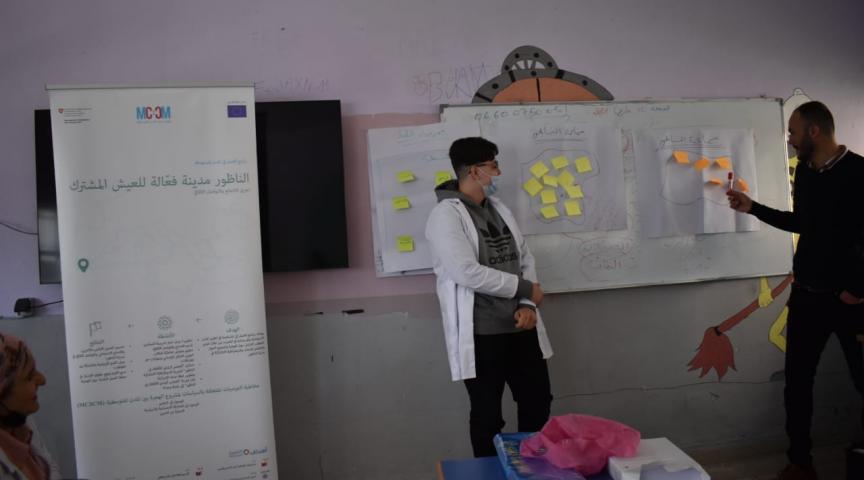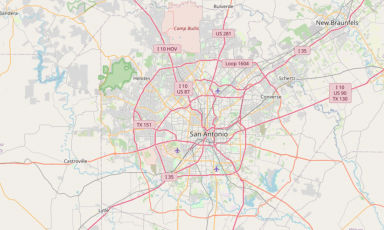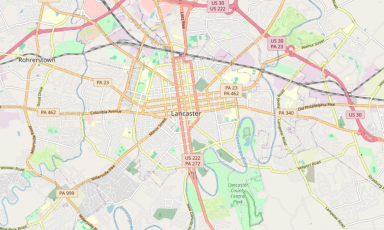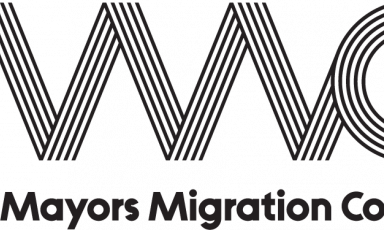Nador, Morocco
Nador: an active city for living together, promoting inclusion and interculturality

Summary
The project carried out by ACPP and ASTICUDE aims to contribute to the development of social and sustainable cities in Morocco by promoting a realistic and fair discourse on immigration. It encourages dialogue, mutual understanding and participatory democracy based on the principles of living together, inclusion and interculturality in the city of Nador (Oriental region, Morocco). Understanding the educational field as a privileged space to create critical, civic and democratic awareness and to promote the culture of living together and the rights of migrant people, and recognising childhood and the educational community as an effective vector of social transformation to move towards more just and inclusive societies, The project sought, in a first stage, to promote spaces of reflection and participation from the educational area of Nador on living together, inclusion and interculturality (R1) and, in a second stage, to develop these values in practice from spaces of reflection and democratic participation (R2).
Impact
The project has had positive effects in both direct and indirect ways. Participants affirmed that they had acquired knowledge about the culture of peace and tolerance. The project was implemented through a participatory process that placed the beneficiaries at the centre of the intervention strategy. Thus, children/adolescents, who are the main beneficiaries, have been empowered in all the major activities of the project. This involvement ensured that the beneficiaries had a good knowledge of the project, which favoured their active participation and the learning of values such as equality, citizenship, tolerance and solidarity. The awareness-raising and reflection activities (seminars, talks and debates, virtual exhibitions in public) have enabled the educational community to change the vision and perception of issues related to migration, gender and interculturality. These activities have had a positive influence on the socialisation of the pupils, allowing the development of a sense of belonging to a group. They have also had a positive effect on self-esteem, pupils have more confidence to speak in public about sensitive subjects (current affairs and daily life related to the migratory presence in the area). An improvement has also been noted in the participation of girls in decision making, by occupying leadership positions.
Lessons Learnt
From this experience the following points can be identified:
- Consolidation of the partnership between the municipality and civil society organisations as field stakeholders
- Setting up of dialogue tools between migrants and local population by creating opportunities for meetings between populations
- Organisation of debates, capacity building programmes and conferences on the theme of diversity and living together and social cohesion
- For example, such actions can be undertaken within the framework of a school in order to train the future generation in the principles of living together (Case of the Imam Malek centre for non-formal education, 2nd chance New Generation school. The implementation of awareness-raising campaigns on diversity among the local population.


